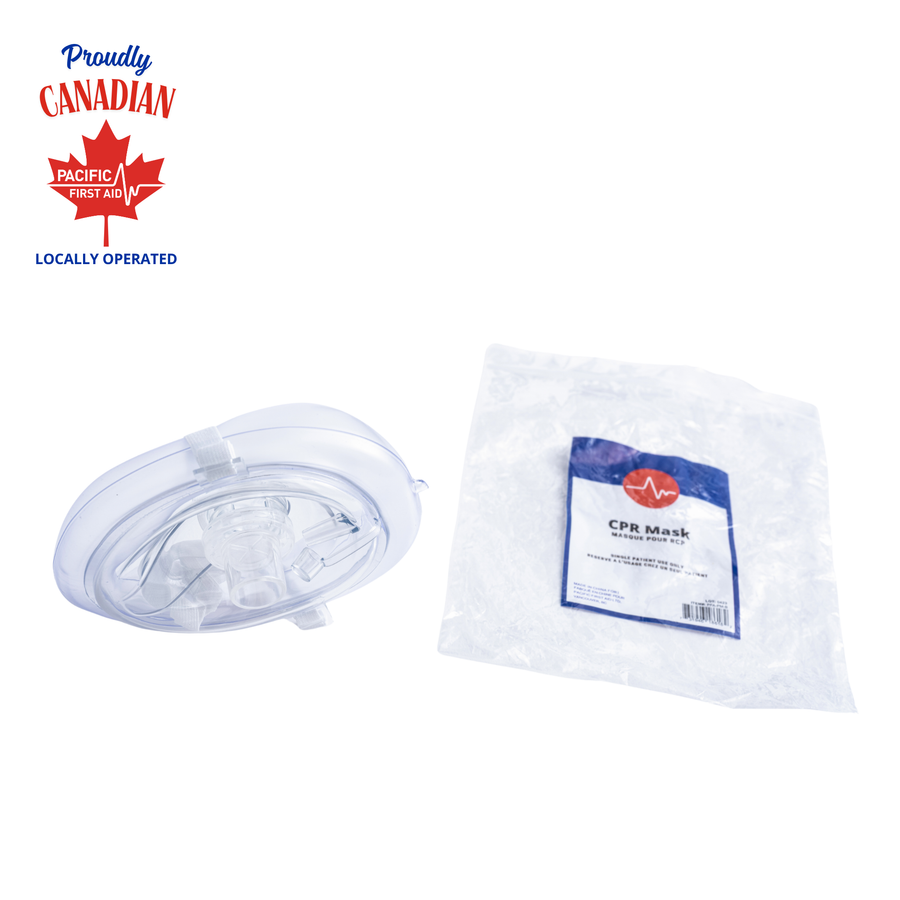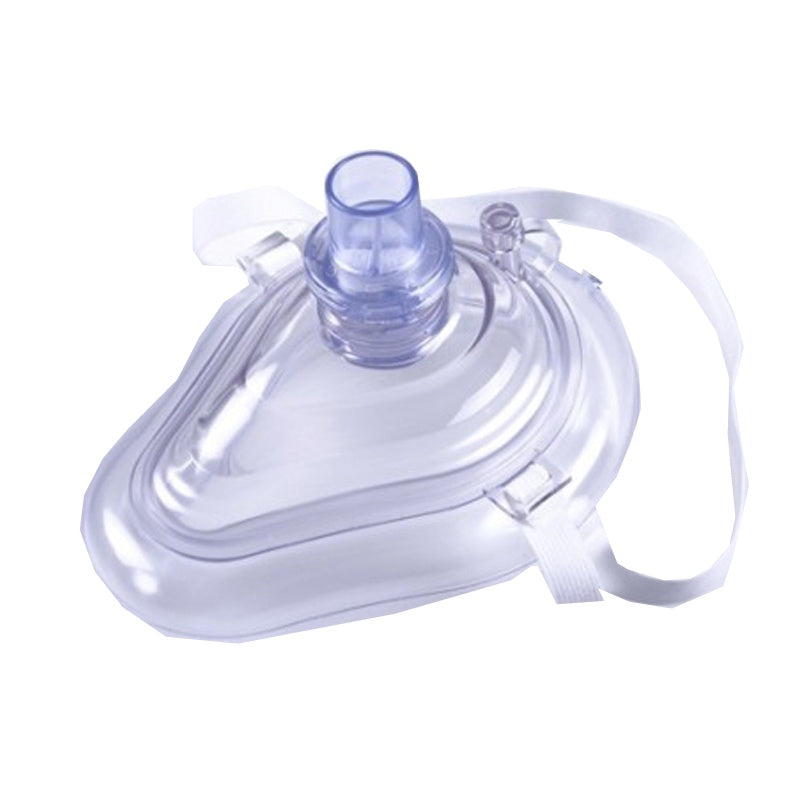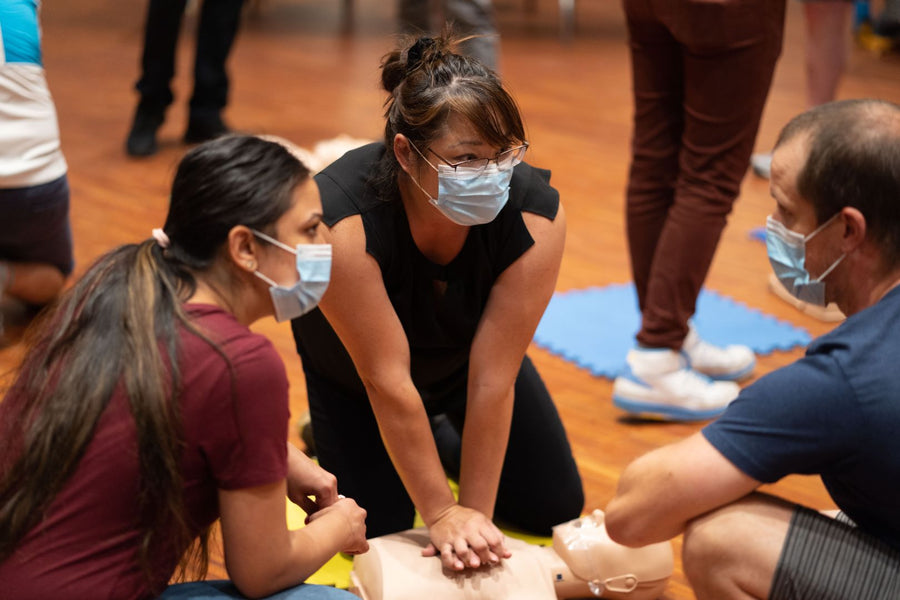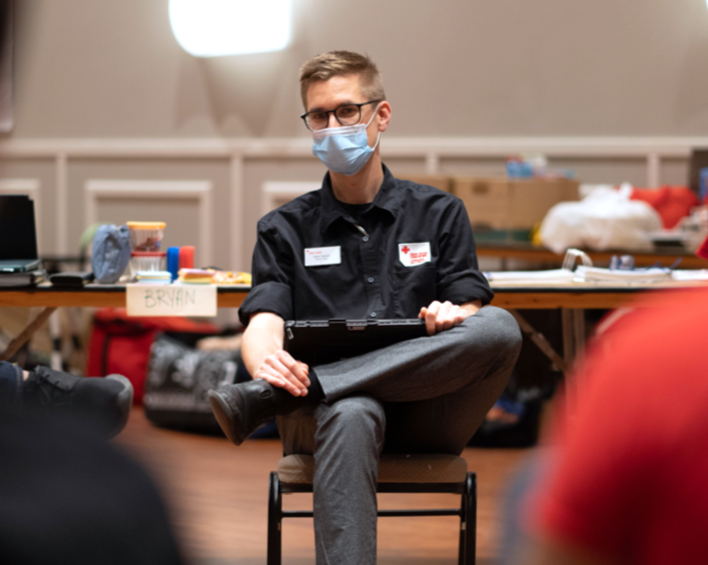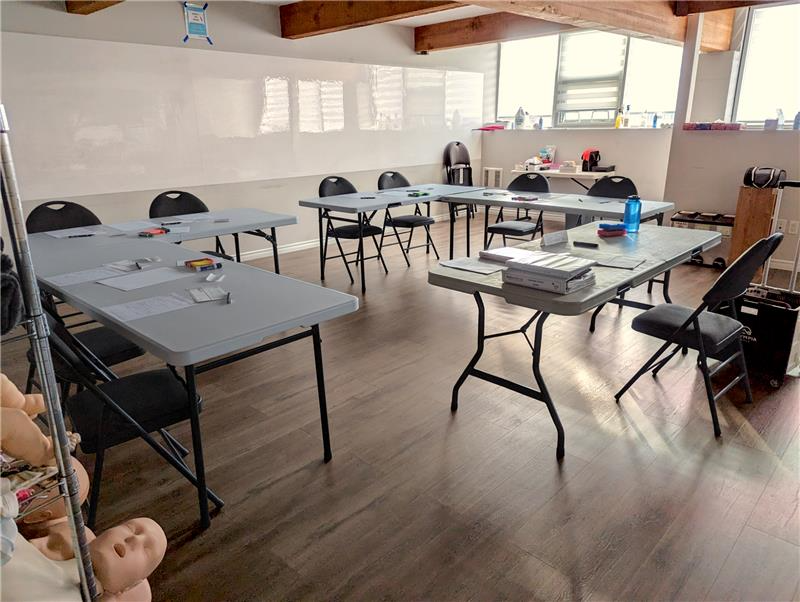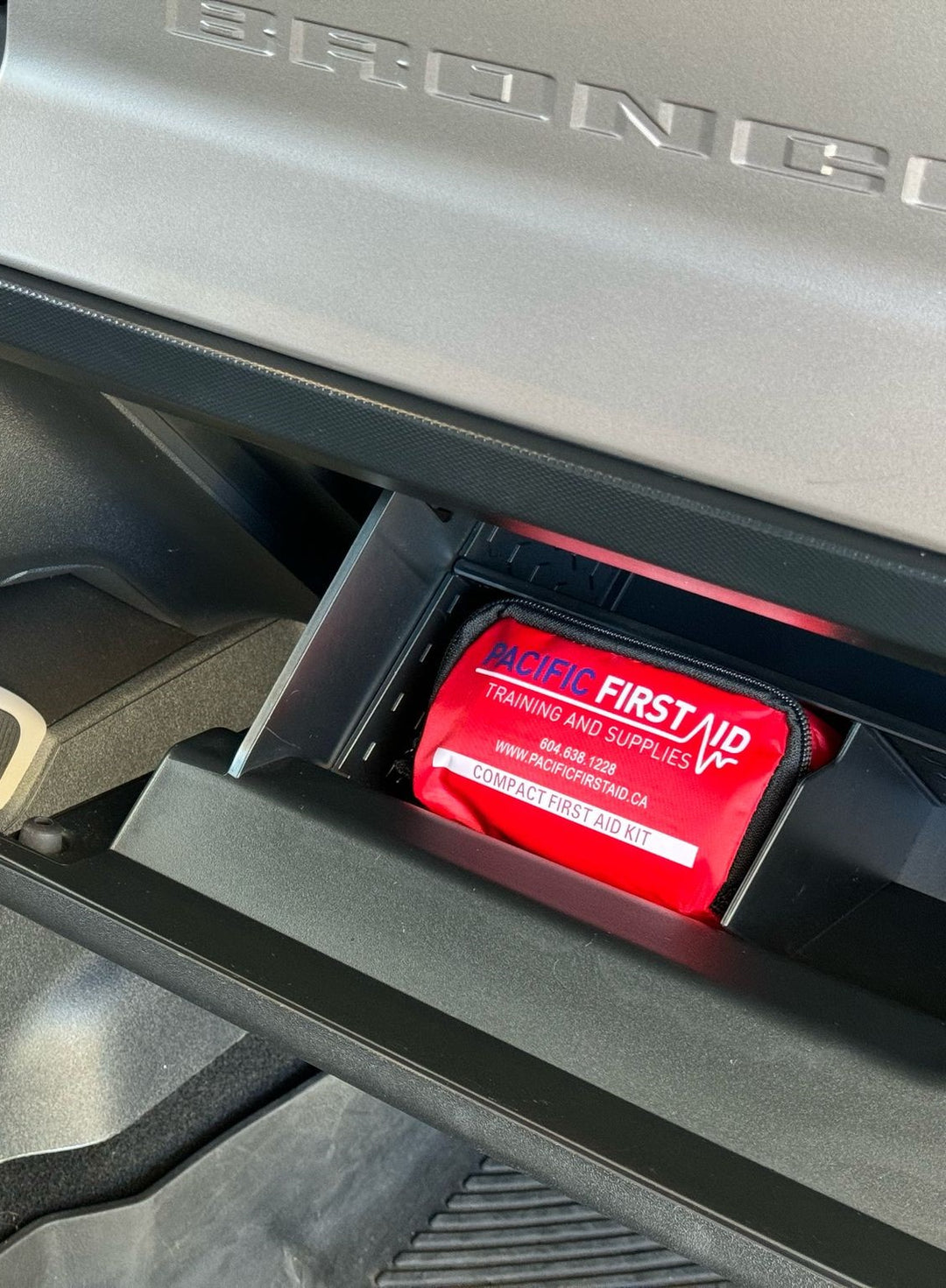
5 cheap pieces of gear you need for your backcountry survival pack
Whether you’re hunting or doing a multi-day trek through the backcountry, you’ll need a pack full of essentials to keep you prepared. To determine what you’ll need on your outdoor adventure, think about how far you’ll be from your car and closest town and make sure to check the weather forecast.
No matter the conditions or activity, there are a few backpack basics that everyone should have. In this blog, we discuss all things gear and the cheapest basics you need, from first aid products to water bottles.
1) Water bottle
Anyone who backpacks will tell you the most important and cheapest piece of gear you need is a water bottle. No matter how long your excursion is, always bring a minimum of one liter of water and have some form of chemical water treatment. This ensures that if you get lost or you need extra water, that you’ll be covered.
2) Mini first aid kit
At a minimum, your outdoor first aid kit should have an over-the-counter painkiller (Advil and Tylenol are standard), a 2-4-inch wide elastic bandage for wrapping sprained joints or a bleeding wound, antibiotic ointment, small bandages, medical tape and Band-Aids and scissors. At Pacific First Aid, we offer Emergency Compact Kits that include these basic items.
3) Firestarter
Whenever you’re going into the wilderness, you should be able to make a fire within a moment’s notice. Depending on where you are, it can be difficult to find dry pine needles or birch bark for a fire, so keeping firestarter in your pack is key. Another trick you can use is put cotton balls covered in vaseline in a travel bottle. When you start your fire, the soaked cotton balls will catch the spark from your lighter and ignite your fire pit.
4) Headlamp
If you find yourself spending the night outside, light is essential. When it comes to headlamps, you don’t always have to go for the most expensive gadgets. On the off-chance you don’t make it home after your excursion or you can’t build a fire, then any form of illumination helps. Make sure to pack extra batteries and your instruction manual.
5) Food supply
This may seem obvious, but many people don’t pack enough snacks on their trips. On the off-chance you get lost or it takes longer to get back to your vehicle, always carry extra food, as people can become ill or faint. Even for non-diabtetic hikers, low blood sugar can make anyone feel faint and light-headed. If you notice someone in your group who starts acting this way, they most likely need to eat something.
At Pacific First Aid, we offer more than just your basic first aid supplies. Depending on your activities of choice, you can buy items on their own to build your own kit or start off with a first aid kit, disaster kit and more. Should something happen to you while you’re in the backcountry, these 5 pieces of gear will help you. Do your due diligence and always come prepared.


